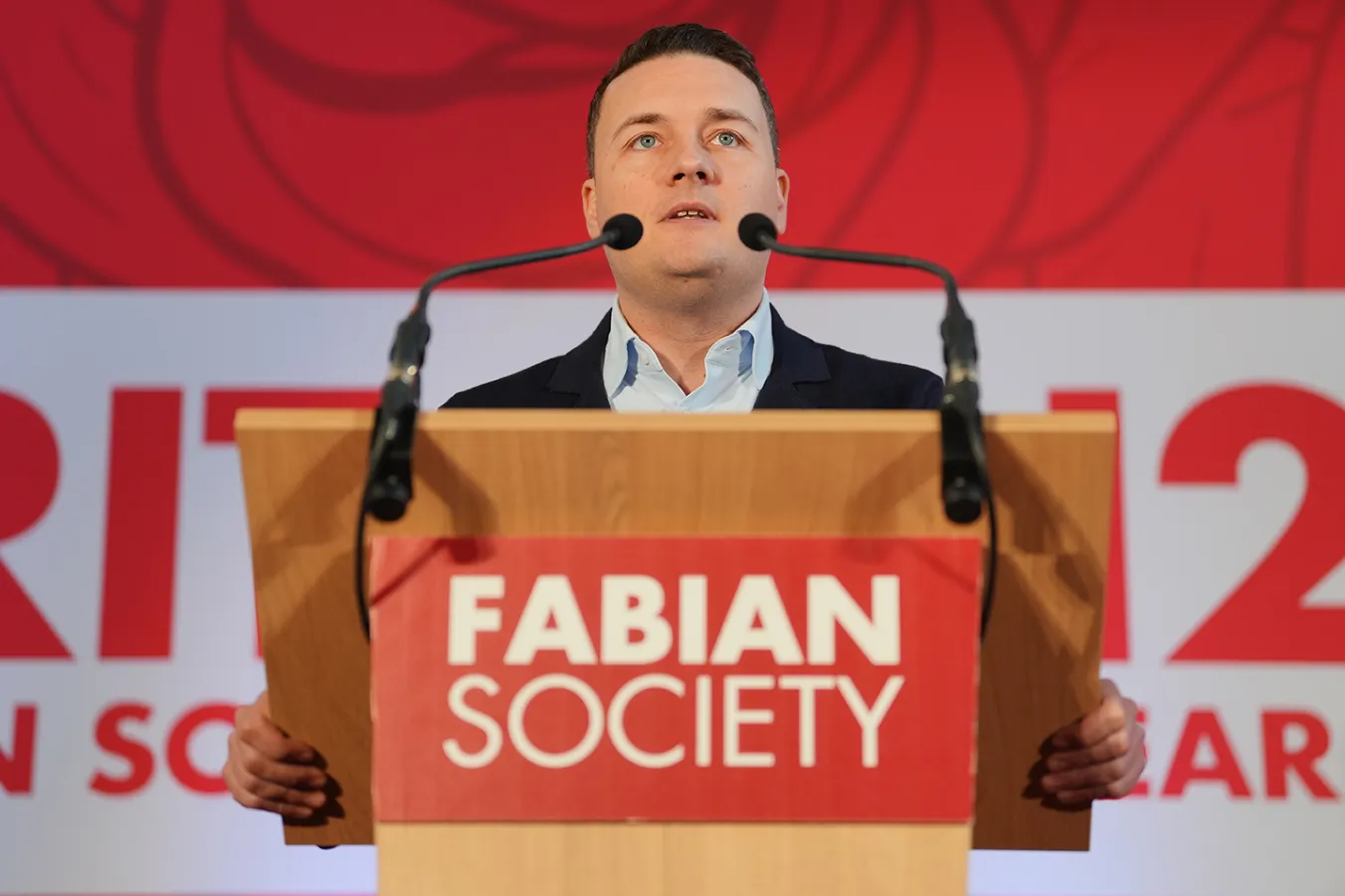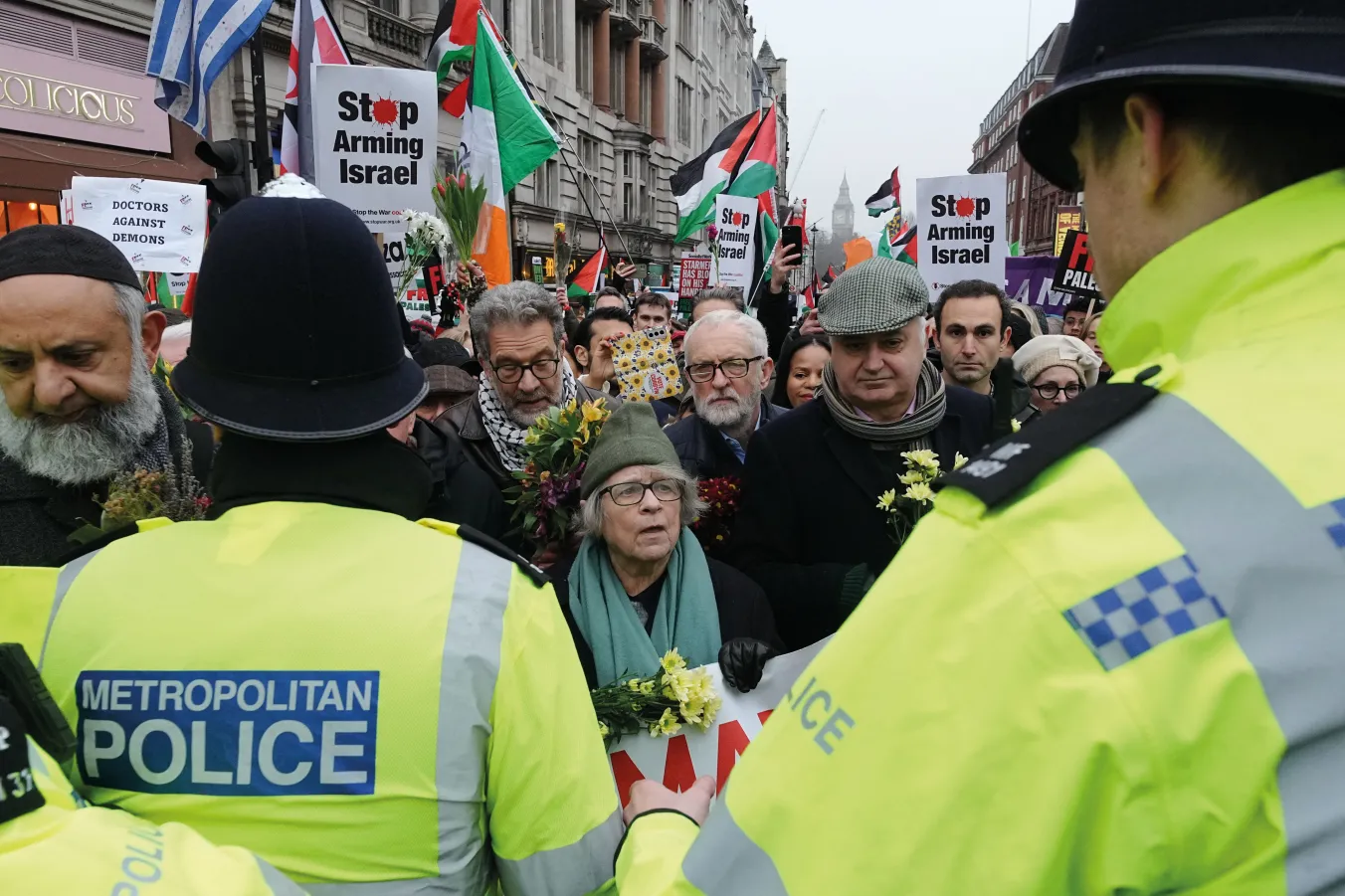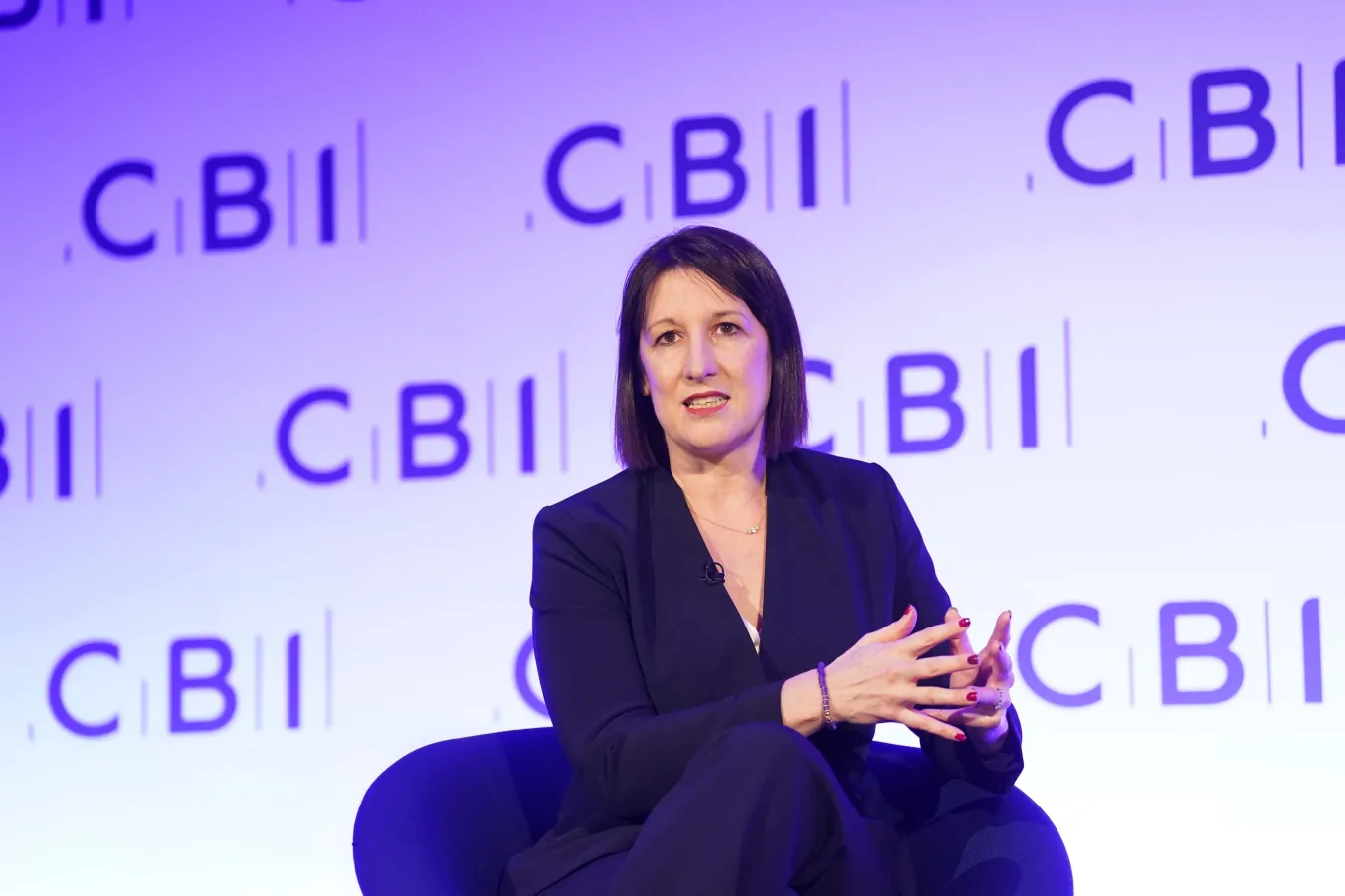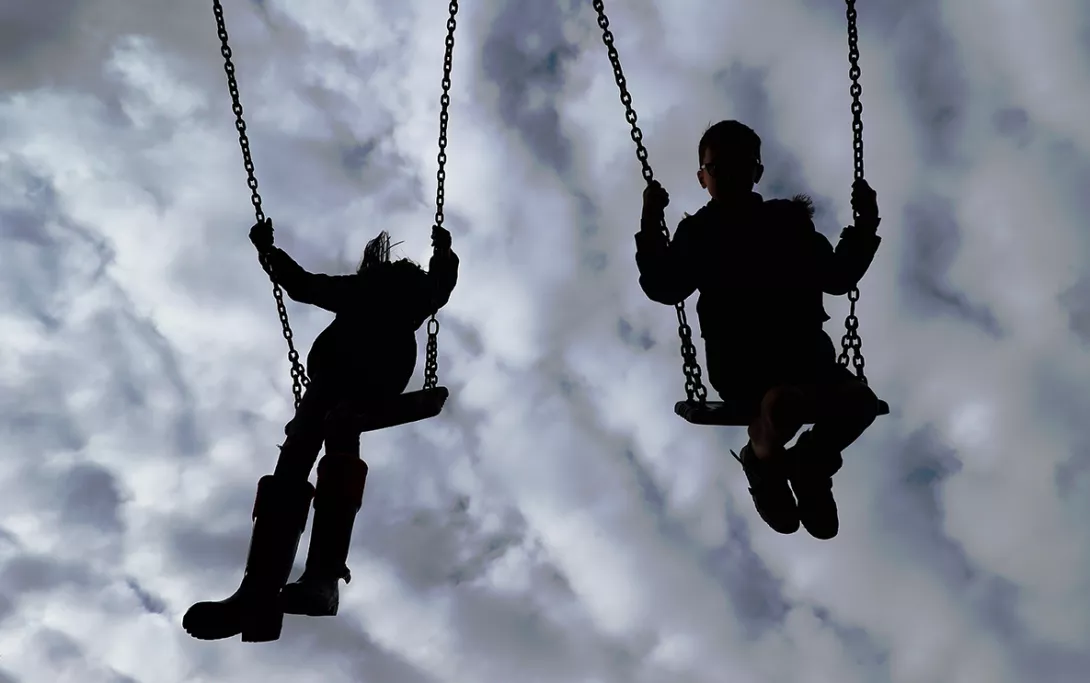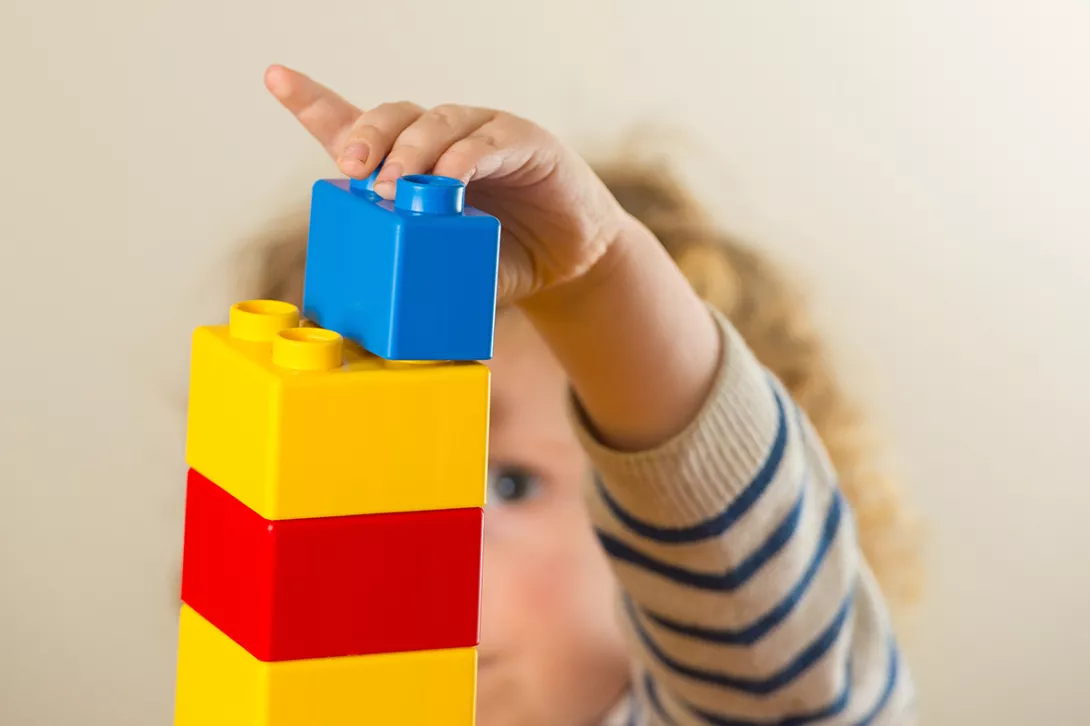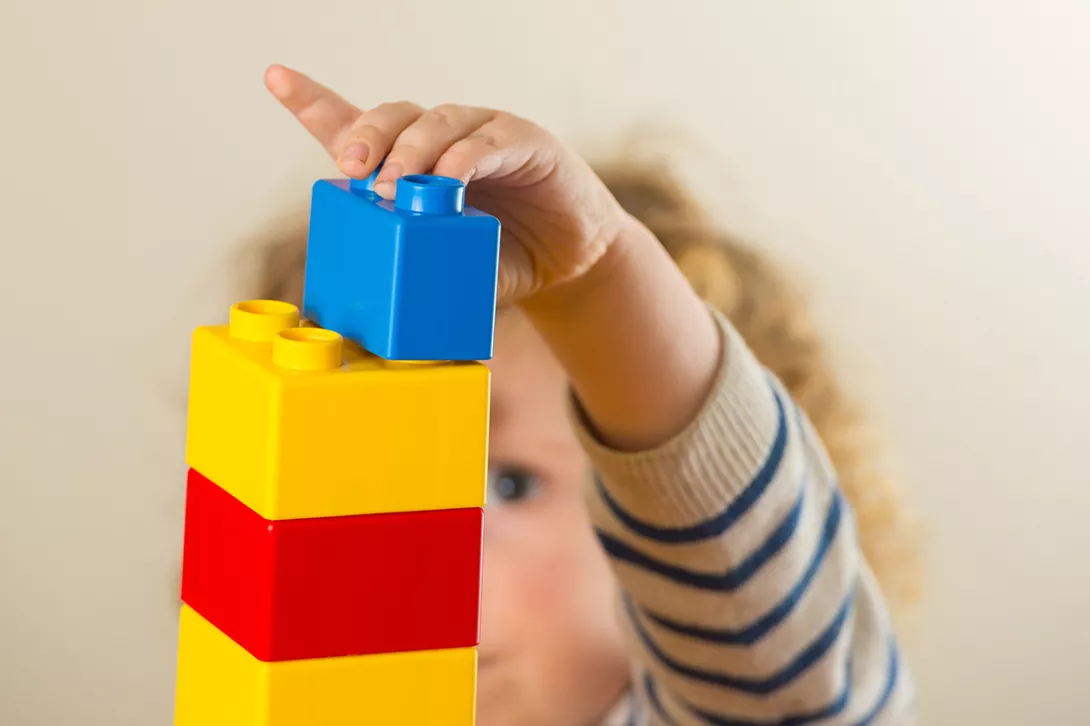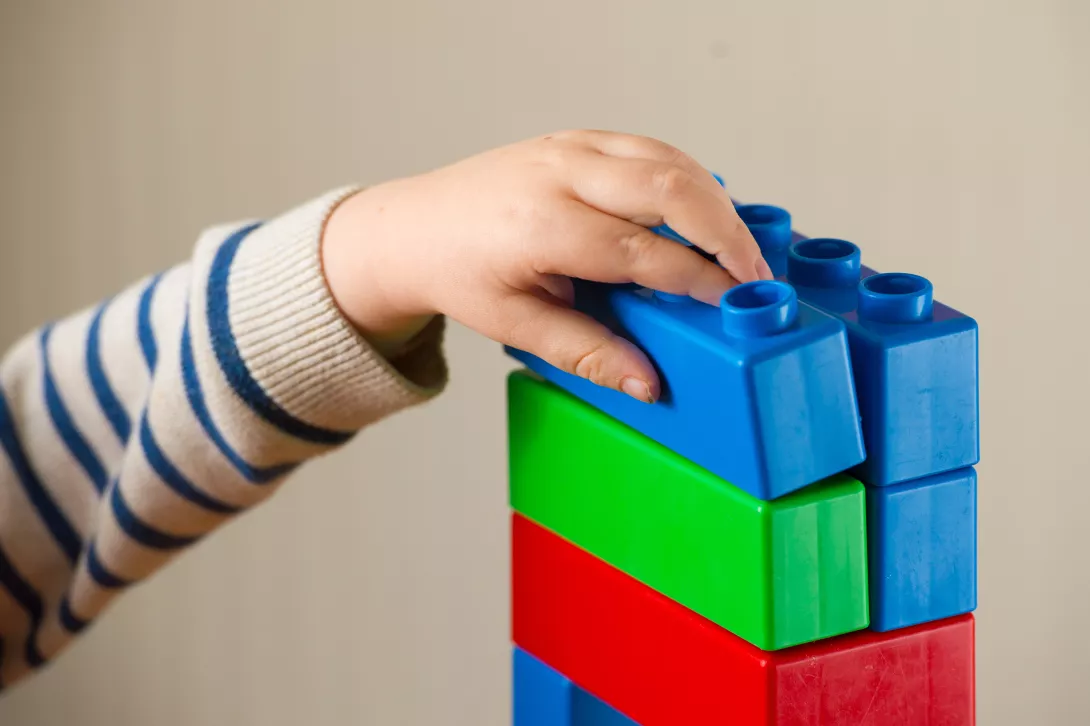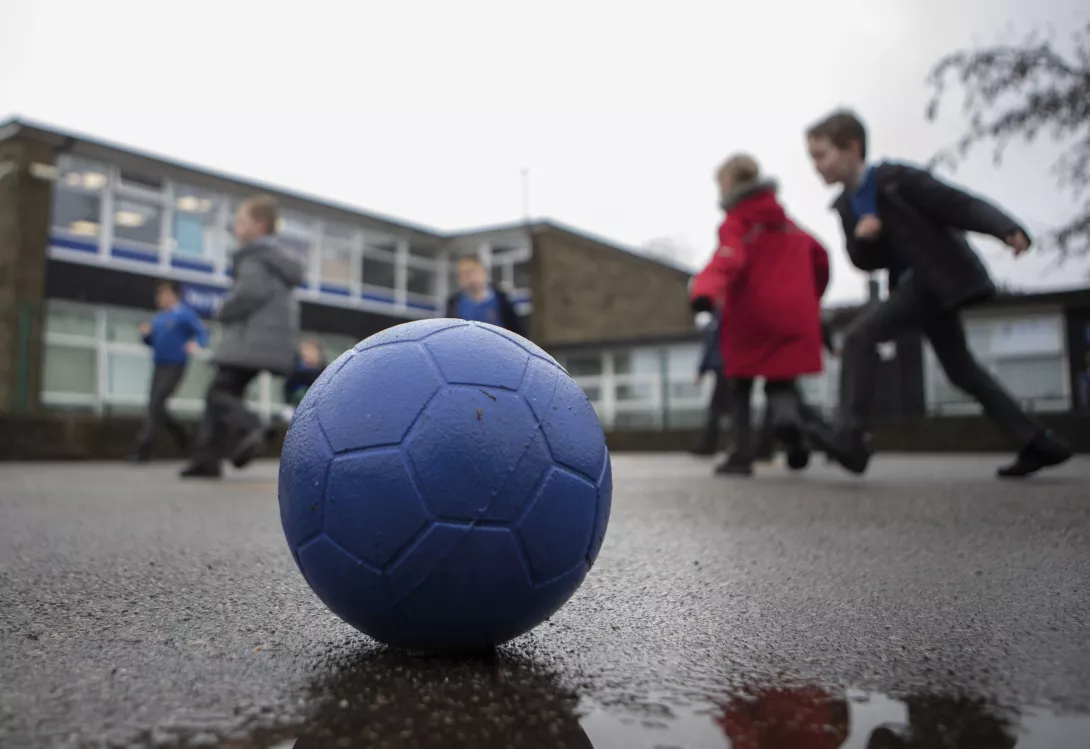
TO THE UK’s deep shame, 4.3 million children are now living in poverty. This is a record figure — and an increase of 100,000 children in just the last 12 months. Inequality is hard-baked into the British economy and is becoming ever more entrenched.
According to the latest figures from the Child Poverty Action Group (CPAG), in an average class of around 30 children, nine will be living in poverty — and more than two-thirds of those children will be in families with at least one working parent. The government presents work as a “route out of poverty” — and the Labour “opposition” agrees, as recent statements by frontbenchers have shown.
But it is clear that in a nation of increasingly insecure and low-paid jobs, work represents drudgery and struggle — and, for millions of working people and their children, it means continuing in poverty.
